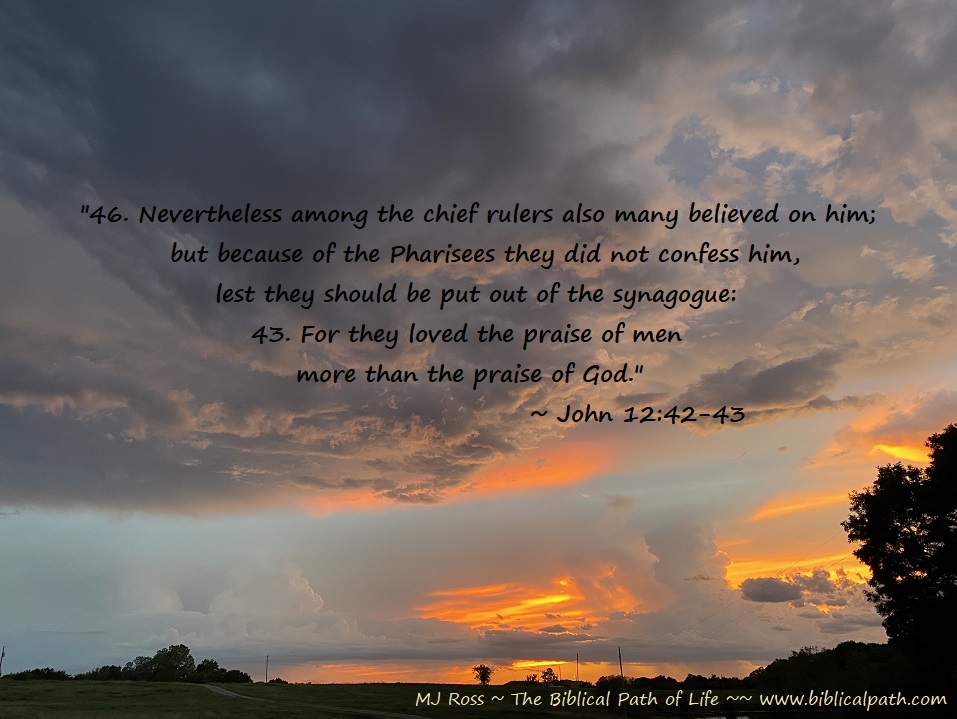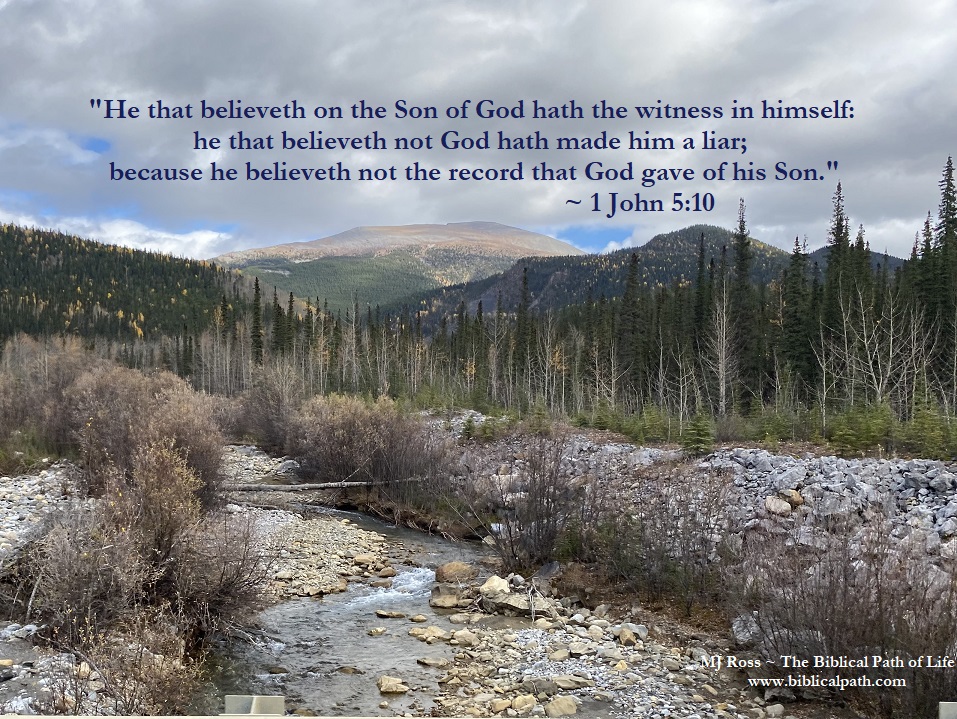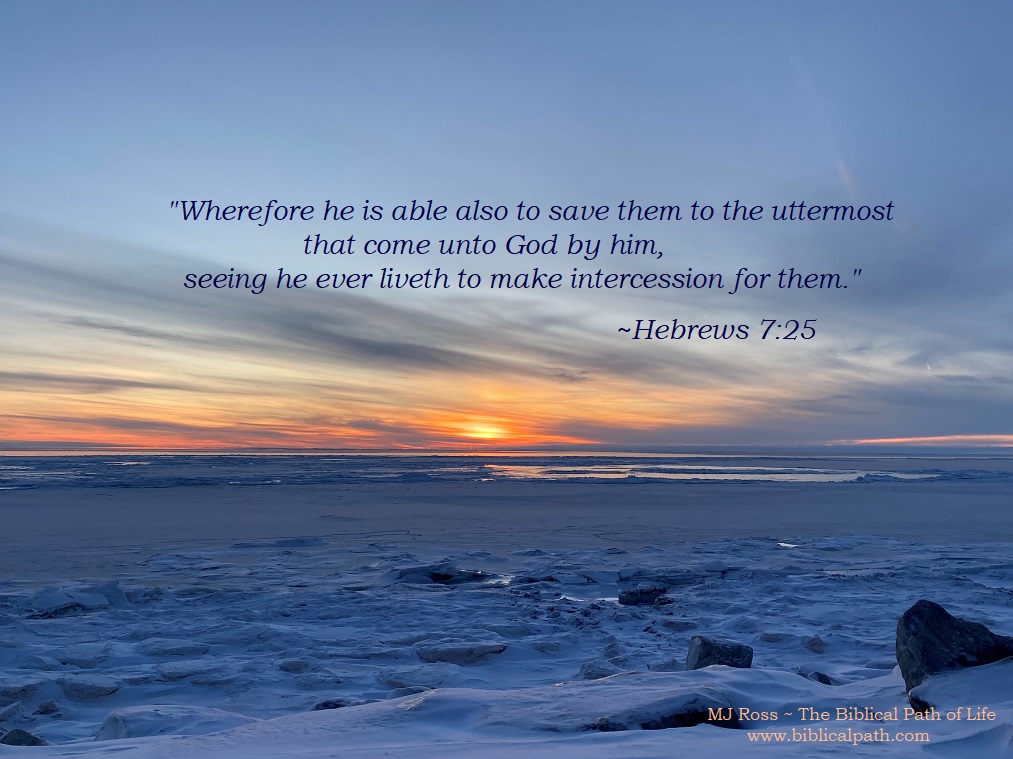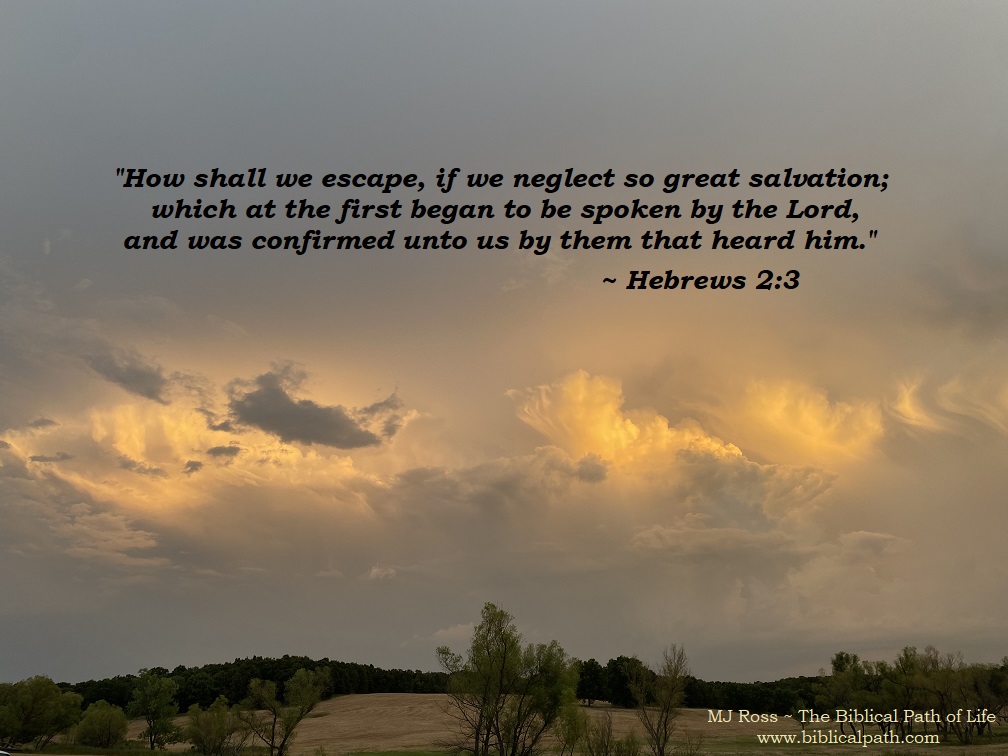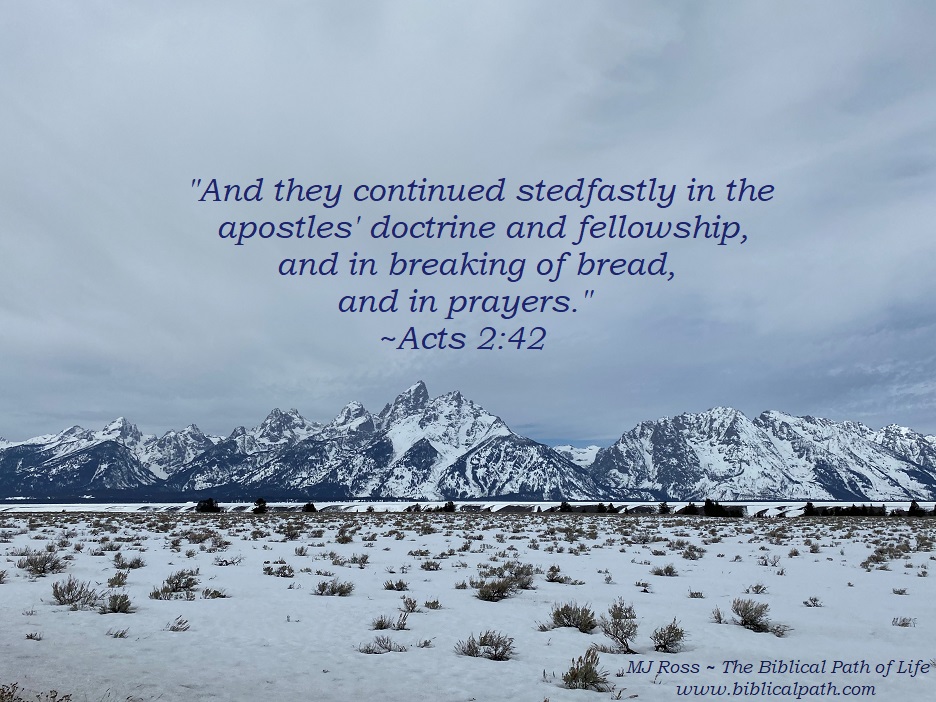
“Behold, his soul which is lifted up is not upright in him: but the just shall live by his faith.”
Habakkuk 2:4
What is faith? Many speak of their “faith” today. But not many mention what that faith is. Or where it is placed. We can learn many things about the faith as described in the Bible. Faith means “a term indicative of the means of appropriating what God in Christ has for man resulting in the transformation of man’s character and way of life; Christian faith; a firm and confiding belief in Jesus and His gospel…” Notice that faith is belief in Jesus and His Gospel (His atoning death, burial, resurrection, and His return one day). But faith is much more than that. It is also the appropriating what God has for each individual life, resulting in the transformation of that person’s character and that person’s way of life.
Read some insight we have on faith mentioned in the Old Testament. “Behold, his soul which is lifted up is not upright in him: but the just shall live by his faith” (Habakkuk 2:4).
- Upright means “ethically; a moral life; to declare right.”
- Just means “lawful; righteous; God himself is the standard for ethics and morality.”
Consider one who is lifted up and is not upright. This is one who has chosen to live as they so choose. “There is a way which seemeth right unto a man, but the end thereof are the ways of death” (Proverbs 14:12). This death can be speaking of more than this life; it can also speak of eternity. Remember what Jesus said, “Verily, verily, I say unto you, He that heareth my word, and believeth on him that sent me, hath everlasting life, and shall not come into condemnation; but is passed from death unto life” (John 5:24). The Bible teaches us that there is either eternal death or eternal life. The difference is belief in Jesus, which makes one just before God (see Romans 5:8-9). Becoming just (righteous) is obtained by faith in Jesus. This helps us understand that Habakkuk 2:4 describes two peoples: one who is “not upright”(one who is lost and apart from Christ); and one who is “just” (one who has received the righteousness of Christ by faith). The one who continues “not upright” will end up in eternal death.
Habakkuk 2:4 is quoted in the New Testament three times, helping us understand it even better. The first time Habakkuk 2:4 is quoted is in the book of Romans. “For therein is the righteousness of God revealed from faith to faith: as it is written, The just shall live by faith” (Romans 1:17). The book of Romans explains that justification before God is by faith in Jesus, alone. This is salvation.
The second place Habakkuk 2:4 is quoted is in Galatians. “But that no man is justified by the law in the sight of God, it is evident: for, The just shall live by faith” (Galatians 3:11). The book of Galatians teaches one who has trusted in Jesus how to then live that life out of faith while living here on this earth. Read the following example of this: “I am crucified with Christ: nevertheless I live; yet not I, but Christ liveth in me: and the life which I now live in the flesh I live by the faith of the Son of God, who loved me, and gave himself for me” (Galatians 2:20). A Christian no longer chooses to please self, but to please Jesus, who “gave himself for me.” We read in Habakkuk that the “just” will live by his faith. Once one has obtained faith by belief in Jesus (salvation), each Christian is to learn to live his faith in Jesus. A Christian must “hold fast” to the things that are to be learned from the Bible (see 2 Timothy 1:13). Once we learn these things and begin to live by them, what happens to that Christian life? The righteousness of God is then revealed in that Christian’s life.
The third time Habakkuk 2:4 is quoted in the New Testament is in the book of Hebrews. “Now the just shall live by faith: but if any man draw back, my soul shall have no pleasure in him” (Hebrews 10:38). Understand what happens if a Christian becomes fearful and does not move forward in their Christian walk by faith. God is not pleased when a Christian does not continue forward in their Christian walk but draws back (this means they go into apostasy – forsaking the ways and truths of God’s Word). To encourage Christians, we can read of a whole chapter listing people who forsook the pleasures of this world to seek after and follow God and His Word (see Hebrews 11). Read the key to living by faith: “But without faith it is impossible to please him: for he that cometh to God must believe that he is, and that he is a rewarder of them that diligently seek him” (Hebrews 11:6).
Once a Christian understands how to live and walk by faith, what will they have? “And the peace of God, which passeth all understanding, shall keep your hearts and minds through Christ Jesus” (Philippians 4:7). These things should help every Christian understand the importance of living by faith and not forsaking the teachings found in God’s Word. Why is it important to live by faith? “That the trial of your faith, being much more precious than of gold that perisheth, though it be tried with fire, might be found unto praise and honour and glory at the appearing of Jesus Christ” (1 Peter 1:7). Each Christian’s goal should be to be found “unto praise and honour and glory at the appearing of Jesus Christ.”
Have you believed in Jesus by faith?
Have you chosen to appropriate that faith into your life by continually living for Him?
